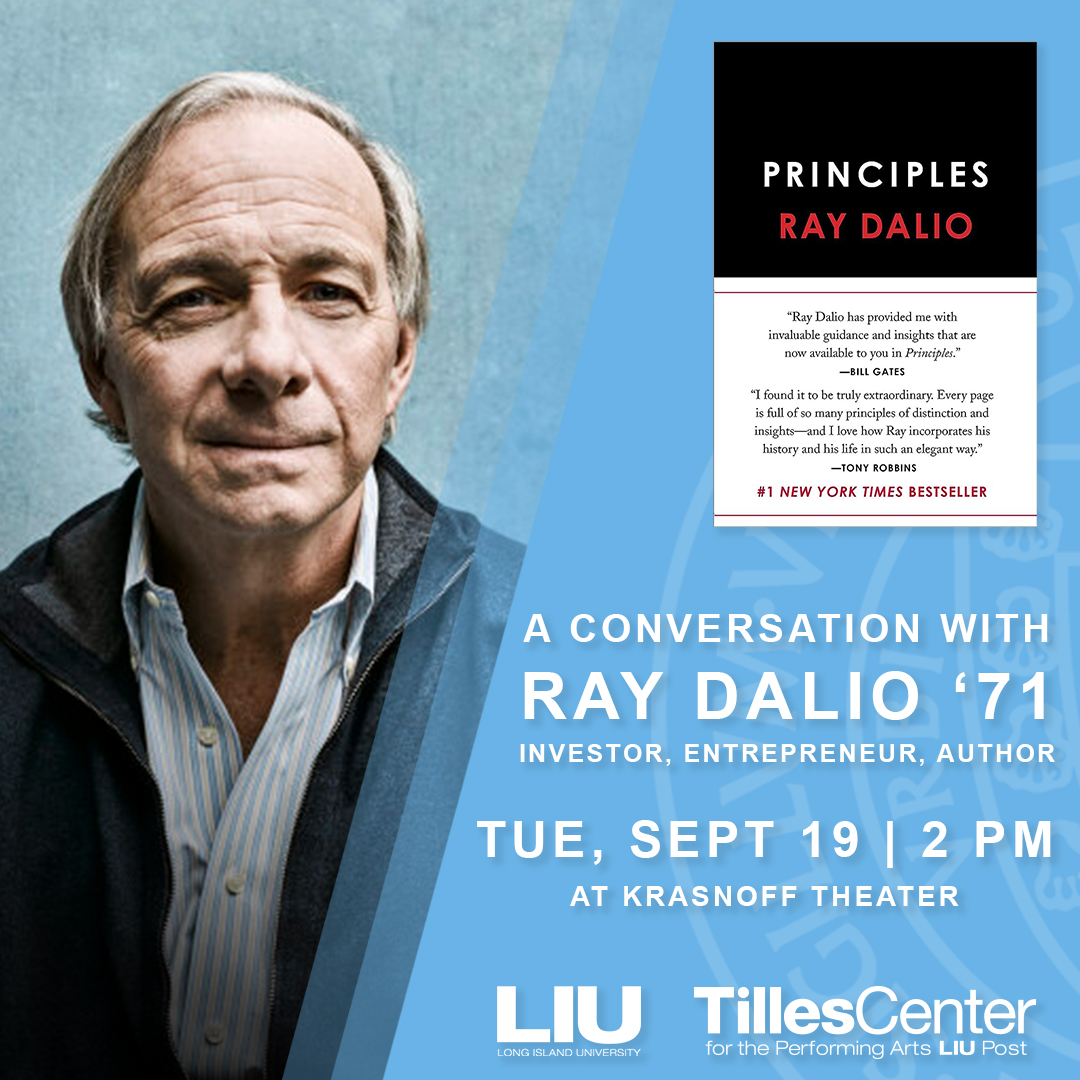Just One Quarter of Respondents Trust Elected Officials to Act in Their Best Interest
Brookville, NY (March 5, 2018)– A new Long Island University Hornstein Center for Policy, Polling and Analysis poll on the strength of democracy showed voters feel a deep distrust towards their elected officials.
The national poll showed that just 25 percent of respondents trust elected officials to act in their best interest, while 63 percent do not trust elected officials to do so.
One explanation for this result is that 82 percent of Americans believe that elected officials consider campaign contributions when deciding how to vote, while a mere 9 percent disagreed with that statement. Another is that 69 percent of respondents agreed that party affiliation has a “very strong” or “strong” impact on their elected officials’ votes, while just 26 percent said it only has “some” or “little” impact.
Considering the low regard in which Americans hold elected officials, it was not surprising that the survey found that just 8 percent of Americans are interested in running for elected office while 84 percent are not.
“Years of partisan attacks and scandal have taken a toll on Americans’ basic belief in their elected officials to act in the best interest,” said Dr. Edward Summers, Fellow at the Hornstein Center. “With voters believing that our elected officials adhere to their own agenda regardless of party affiliation, coupled with the lack of interest in participating in government, it shows a marked weakness in our democracy.”
While the poll showed a deep distrust in elected officials, the vast majority of Americans (74 percent) continue to believe that their vote matters, which is critical to the foundation of a participatory democracy.
The findings are based on a published public opinion poll conducted from February 26-27, 2018, of 1021 Americans.
Dr. Summers, who obtained his Ph.D. in Public Policy, is a Fellow at the Hornstein Center. His career includes experience in public policy, higher education, and opinion research.
Long Island University
Steven S. Hornstein Center for Policy, Polling, and Analysis
National Survey
February 26-27, 2018
| Q1. Do you believe that your vote matters? | ||
| Answer Choices | Responses | |
| Yes, I believe that my vote matters; | 74.24% | 758 |
| No, I do not believe that my vote matters; | 19.59% | 200 |
| No Opinion; | 6.17% | 63 |
| Answered | 1021 | |
| Q2. Do you trust your elected representatives to act in your best interest? | ||
| Answer Choices | Responses | |
| Yes, I trust my elected representatives to act in my best interest; | 24.88% | 254 |
| No, I do not trust my elected representatives to act in my best interest; | 63.27% | 646 |
| No Opinion; | 11.85% | 121 |
| Answered | 1021 | |
| Q3. Do you think elected officials consider campaign contributions when deciding how to vote? | ||
| Answer Choices | Responses | |
| Yes; | 82.27% | 840 |
| No; | 8.81% | 90 |
| No Opinion; | 8.91% | 91 |
| Answered | 1021 | |
| Q4. How much influence do you think party membership has on elected officials? | ||
| Answer Choices | Responses | |
| Very strong; | 31.24% | 319 |
| Strong; | 37.71% | 385 |
| Some; | 18.61% | 190 |
| Little; | 6.86% | 70 |
| No Opinion; | 5.58% | 57 |
| Answered | 1021 | |
|
Q5. Are you interested in running for elected office? |
||
| Answer Choices | Responses | |
| Yes; | 7.93% | 81 |
| No; | 84.43% | 862 |
| No Opinion; | 7.64% | 78 |
| Answered | 1021 | |
|
Q6. With which political party do you primarily identify? |
||
| Answer Choices | Responses | |
| I primarily identify with the Republican party; | 23.60% | 241 |
| I primarily identify with the Democratic party; | 36.63% | 374 |
| I primarily identify with another political party; | 4.51% | 46 |
| I do not primarily identify with one political party; | 25.27% | 258 |
| Unsure; | 3.43% | 35 |
| No Opinion; | 6.56% | 67 |
| Answered | 1021 | |
| Q7. Are you registered to vote? | ||
| Answer Choices | Responses | |
| Yes, I am registered to vote; | 88.05% | 899 |
| I am not registered to vote, but plan to register before the next election; | 3.04% | 31 |
| I am not registered to vote, and do not plan to register; | 6.66% | 68 |
| Unsure; | 2.25% | 23 |
| Answered | 1021 | |
| Q8. Age | ||
| Answer Choices | Responses | |
| 18-29 | 14.99% | 153 |
| 30-44 | 30.26% | 309 |
| 45-60 | 25.47% | 260 |
| > 60 | 29.29% | 299 |
| Answered | 1021 | |
| Q9. Gender | ||
| Answer Choices | Responses | |
| Male | 46.33% | 473 |
| Female | 53.67% | 548 |
| Answered | 1021 | |
|
Q10. Household Income |
||
| Answer Choices | Responses | |
| $0-$9,999 | 5.97% | 61 |
| $10,000-$24,999 | 10.28% | 105 |
| $25,000-$49,999 | 22.43% | 229 |
| $50,000-$74,999 | 15.67% | 160 |
| $75,000-$99,999 | 11.07% | 113 |
| $100,000-$124,999 | 8.03% | 82 |
| $125,000-$149,999 | 3.82% | 39 |
| $150,000-$174,999 | 3.23% | 33 |
| $175,000-$199,999 | 1.96% | 20 |
| $200,000+ | 4.11% | 42 |
| Prefer not to answer | 13.42% | 137 |
| Answered | 1021 | |
| Q11. Region | ||
| Answer Choices | Responses | |
| New England | 5.34% | 54 |
| Middle Atlantic | 15.12% | 153 |
| East North Central | 15.61% | 158 |
| West North Central | 7.91% | 80 |
| South Atlantic | 17.59% | 178 |
| East South Central | 5.24% | 53 |
| West South Central | 9.29% | 94 |
| Mountain | 9.19% | 93 |
| Pacific | 14.72% | 149 |
| Answered | 1012 | |
| Q12. Device Type | ||
| Answer Choices | Responses | |
| iOS Phone / Tablet | 20.86% | 213 |
| Android Phone / Tablet | 17.53% | 179 |
| Other Phone / Tablet | 0.00% | 0 |
| Windows Desktop / Laptop | 52.11% | 532 |
| MacOS Desktop / Laptop | 7.93% | 81 |
| Other | 1.57% | 16 |
| Answered | 1021 | |
Polling Methodology
This Long Island University Steven S. Hornstein Center for Policy, Polling & Analysis poll was conducted through Suveymomkey February 26-27, 2018 in English to 1021 Americans over the age of 18. Polling data was sorted by age, gender & geographic location in efforts to ensure a nationwide representative sample. This poll has an overall margin of error of +/- 3 points.
The Steven S. Hornstein Center for Policy, Polling, and Analysis at LIU Post conducts independent, fair, and balanced polling, empirical research, and analysis on a wide range of public issues including lifestyle preferences. The Center’s goals include informing the community, public and policy makers about critical issues.


